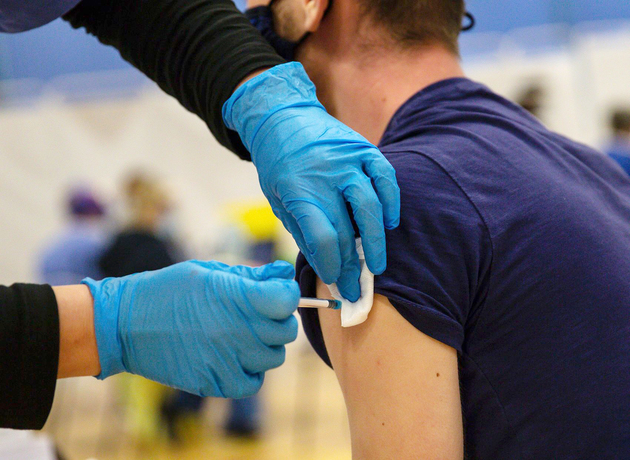
Photo/VCG
Australian medical researchers have found that low levels of the metabolic hormone leptin can lead to poor vaccine antibody responses.
The scientists from the University of Queensland made the discovery while investigating people's responses to the influenza vaccine or hepatitis B vaccine.
Professor Di Yu, in a study published in Nature Communications, identified a link between the metabolic and immune systems that could be used to develop new strategies for improving vaccine protection in vulnerable populations.
"Using multiple advanced techniques in immunology, genetics and biochemistry, our study found leptin directly promoted the development and function of cells which are vital in triggering an antibody response," Yu said.
"In collaboration with global teams, we identified the reduction of leptin was associated with compromised vaccine responses, so we can now identify those who are at risk of not generating an antibody response after vaccination," said Yu.
Leptin also helps influence people's appetite, metabolism and body fat distribution.
"If we are healthy, we have a good metabolism and a normal level of leptin, but if we have malnutrition or some disease conditions, we may have a low level of leptin, which limits our vaccine response and immune protection," Yu said.
Yu also said many people with obesity and high levels of leptin conversely often have leptin resistance which could potentially lead to a poorer vaccine response.
The researchers are keen to test responses to the COVID-19 vaccines to determine biomarkers that could identify those people at risk of not generating a strong vaccine response.
"During the era of the COVID-19 pandemic, the successful vaccination for SARS-CoV-2 is the major hope to bring society back to normalcy," Yu said.
Email: lansuying@nbd.com.cn


 川公网安备 51019002001991号
川公网安备 51019002001991号





